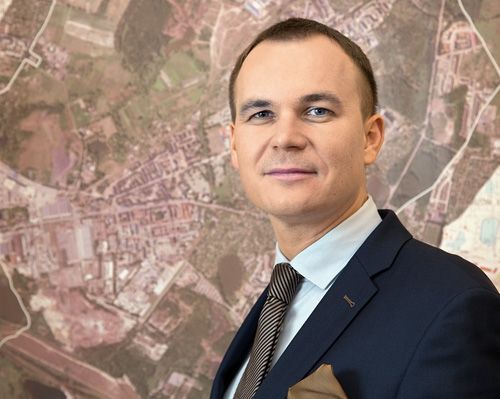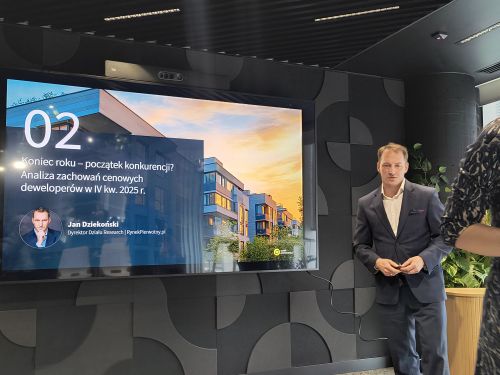The impact of foreign investment on the Polish economy is substantial, as was confirmed in mid-February by Mateusz Morawiecki, the Deputy Prime Minister and the Minister of Development, when outlining Poland’s economic strategy for the next few years. According to a new long-term government plan for responsible development, foreign investment is one of the elements of the first pillar of the programme, i.e. reindustrialisation. These issues are important not only for Mateusz Morawiecki, but first of all for local authorities. It is they who are becoming ever more anxious to attract international partners to their towns and regions. Because securing an investor means additional jobs and – as a result – the funds for residents to support themselves. For the local authorities it is also a demonstration of their effectiveness.
Atmosphere not size
In the battle over foreign investors, Polish local councils have to prove how well prepared t



























































